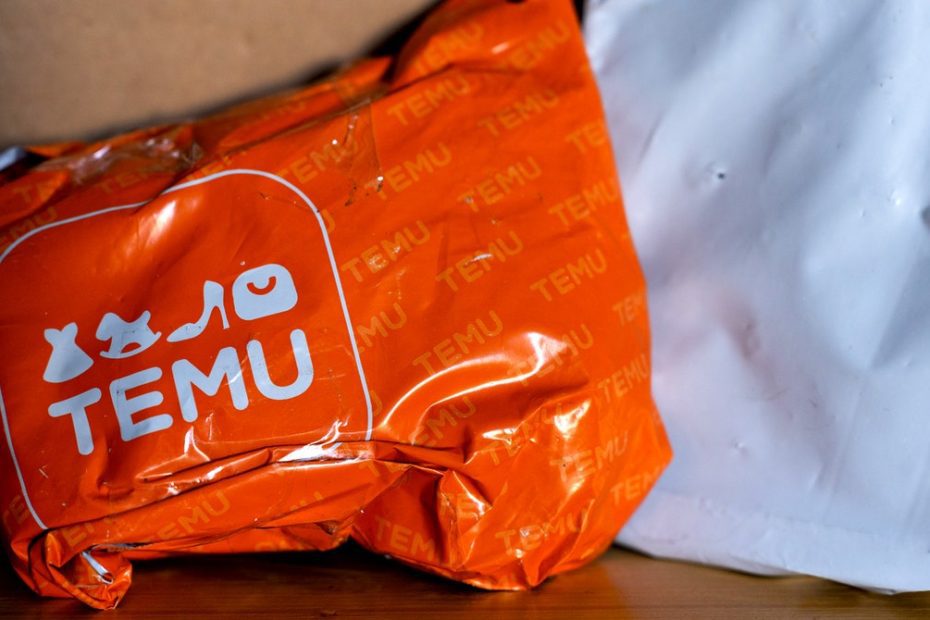The Postal Services of the United States have abruptly stopped accepting all packages from Hong Kong and China until further notice, according to an international notification of the fight against service on the USPS website. The relocation comes after China has imposed retribution rates on American import, including coal and liquid natural gas, in response to the executive order of President Trump to increase the rates on China.
Daniel, the owner of a truck company based in Alberta, Canada, who asked for his first name only to use privacy reasons, says Wired that two of the trucks of his company were rejected today at the American border in New York and Montana because they contain packages Originally from China. After a conversation with an American customs and border protection agent in Montana, the company was able to get a third truck to the state of Washington by removing all packages from China, says Daniel.
He adds that identifying and separating packages from China is a difficult process, because the goods that his trucks wear usually contain thousands of small packages such as DVDs, toys and video games, all from different sources.
“We spoke with the Montana CBP Cargo Supervisor and they said everything is from the higher up,” says Daniel. “Many trucks were actually rejected on the border today, we were told by our drivers. And many officers were checking and interrogating the trucks [drivers] Such as, “are you sure there are no items in China? This is your last chance. 'They actually went through the trucks and randomly checked the packages. “
Previously, packages such as Daniel's company could often move freely through the border. However, the executive order of Trump not only imposes an extra rate of 10 percent on goods from China, but also ends an important exemption from import load, one that has made the rise of Chinese E -commerce platforms such as Temu and Shein possible.
Known as the minimis, the rule waives the import duties for small packages with a value of less than $ 800 that was sent to the US. Originally intended to release personal gifts and other items that send Americans home from travel abroad, since then foreign companies have allowed to sell goods more easily to American consumers without worrying about paying input tax. The number of the Minimis packages has risen in recent years because the E -commerca market has become more worldwide, making it more difficult – if not impossible – for customs and border protection to keep track of all packages in the US.
According to the CBP, more than 1.36 billion the minimis packages have entered the US in the tax year 2024, almost 10 times the number in 2015. That amounts to an average of 3.7 million packages per day – of which now an investigation into the Border is the first time.
Do you have a tip?
Do you work at Shein, Temu or another E -commercial company and do you have insight into what is going on? We would like to hear from you. Contact a non -work telephone or computer, contact the reporter via e -mail on zeyi_yang@CBNewz or on Signaal on @zeyiyang.06.
“Every day US Customs will submit around 100,000 entries,” says Bernie Hart, vice -president of customs and trade management Business Development at Flexport, an American supply chain management company. Now agents have to process a few million more packages a day, verify what is in it and how much they cost.
Although earlier administrations have considered removing the minimis exemption or to introduce reforms, Trump is the first to actually do this. “This is the version of the administration of relocating fast and breaking things,” says Ram Ben Tzion, co -founder and CEO of Publican, a digital surrounding platform for shipping, referring to one of the core principles of the startup – culture.

